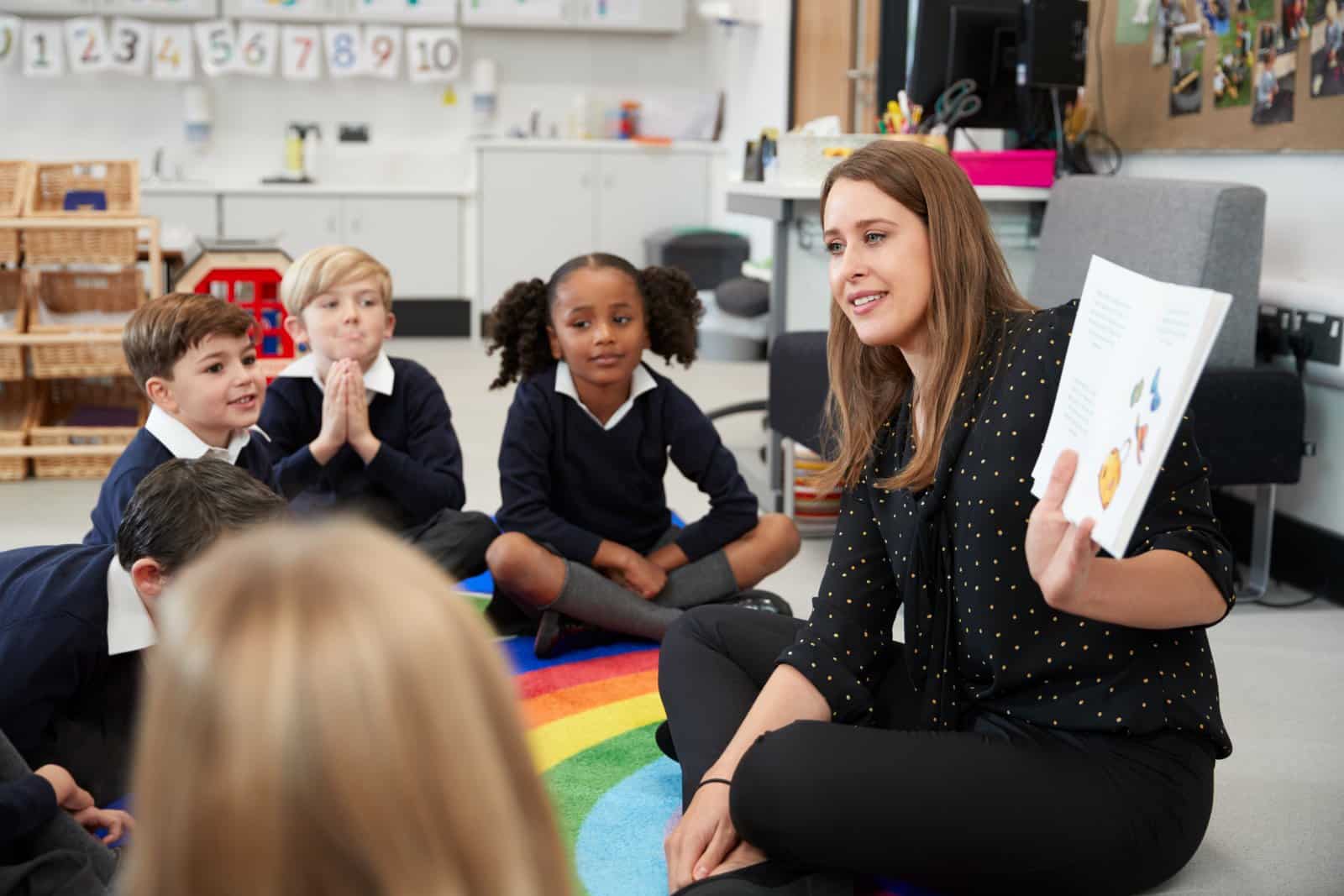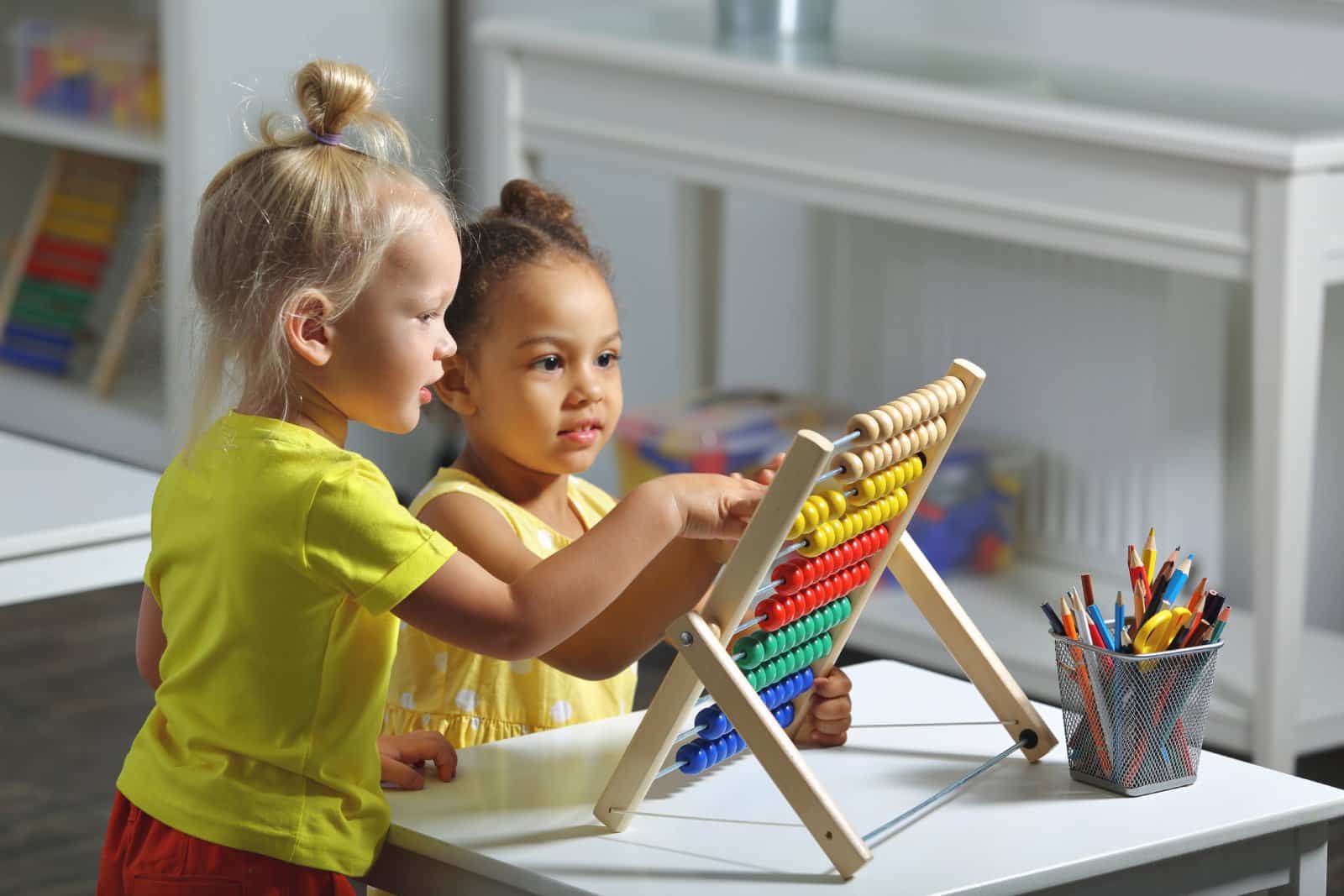Identifying ADHD (Attention-Deficit/Hyperactivity Disorder) in children involves observing various signs and symptoms that may indicate the disorder’s presence. ADHD can affect children’s success at school, their relationships, and their behaviour at home. It’s important to note that many children may exhibit some of these behaviours at various points in their development, but that doesn’t necessarily mean they have ADHD. A healthcare professional should make a diagnosis. Here are 21 signs that might suggest a child could have ADHD:
1. Difficulty Paying Attention

Struggling to focus on tasks or play activities.
2. Frequent Daydreaming

Often, they seem to be in their own world.
3. Forgetfulness in Daily Activities

Forgets to do chores or homework regularly.
4. Easily Distracted

Loses focus due to external stimuli, like noises or movements.
5. Difficulty Following Through

Starts tasks but quickly loses interest, leaving them unfinished.
6. Fidgeting and Squirming

Unable to sit still, especially in quiet or calm settings.
7. Excessive Talking

Talks a great deal, often interrupting or intruding on conversations.
8. Impulsivity

Acts without thinking, possibly leading to accidents or tactless comments.
9. Difficulty Waiting Their Turn

Struggles with taking turns in games or groups.
10. Interrupting Others

Frequently interrupts or intrudes on others’ activities.
11. Emotional Turbulence

Experiences sudden and intense emotional reactions.
12. Difficulty Playing Quietly

Always needs to be engaged in high-energy activities.
13. Constant Movement

Runs or climbs in situations where it’s inappropriate.
14. Trouble With Organization

Struggles to keep track of tasks and possessions.
15. Avoidance of Tasks Needing Extended Mental Effort

Avoids or dislikes tasks like homework that require sustained mental effort.
16. Errors of Negligence in Schoolwork

Makes careless mistakes in schoolwork or other activities.
17. Losing Things Often

Frequently loses necessary items like school materials or toys.
18. Difficulty Listening

Seems not to listen even when spoken to directly.
19. Failure to Follow Instructions

Fails to follow through on instructions and fails to finish schoolwork or chores.
20. Social Challenges

Has trouble making friends or fitting in with peers.
21. Risk-Taking Behaviour

Engages in behaviours that can cause harm to themselves or others without understanding the consequences.
What Next?

If you notice a combination of these signs persistently exhibited by your child, it might be helpful to consult with a paediatrician or a child psychologist who specializes in ADHD. Early diagnosis and intervention can provide strategies to help manage symptoms and improve function.
Consulting with healthcare providers who specialize in ADHD is crucial for a comprehensive understanding and management strategies. They can offer guidance tailored to your child’s unique needs.
Featured Image Credit: Pexels / cottonbro studio.
For transparency, this content was partly developed with AI assistance and carefully curated by an experienced editor to be informative and ensure accuracy.

